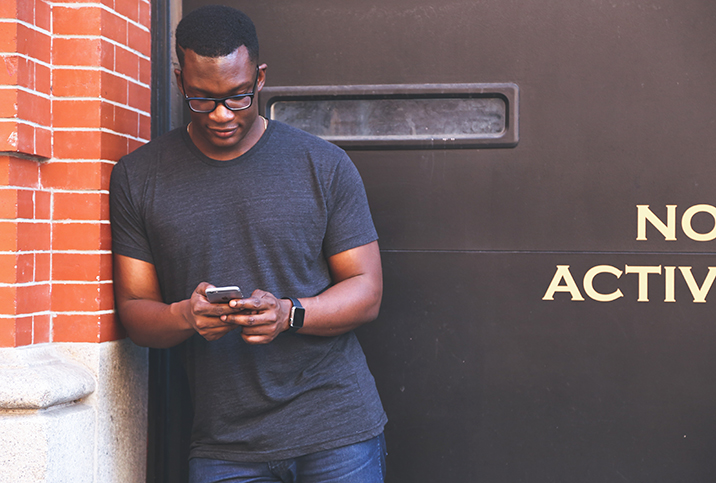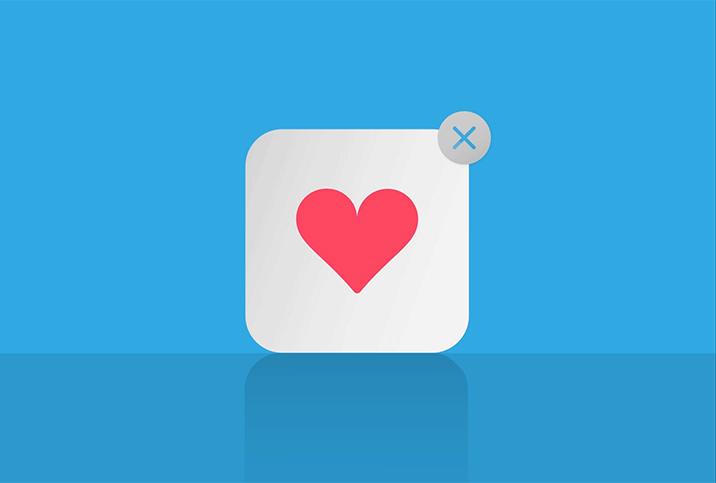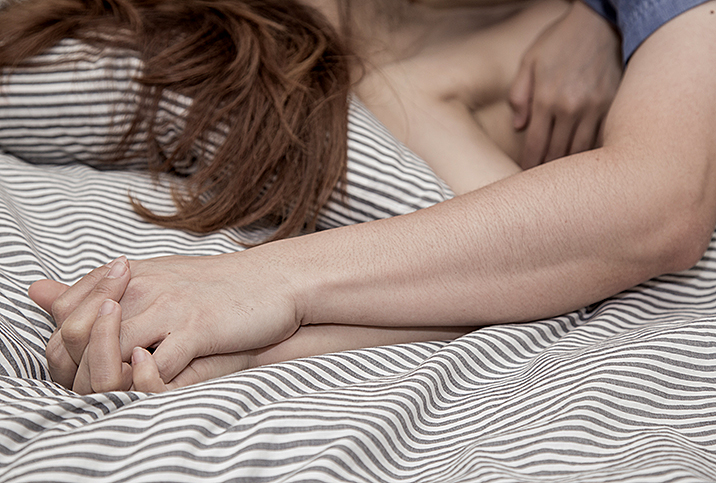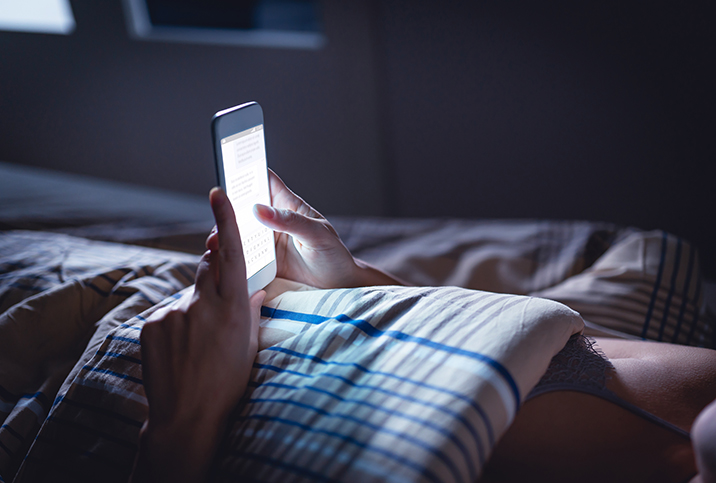Don't Let Social Anxiety Keep You from Dating

If you have social anxiety disorder, also known as social phobia, everyday interpersonal interactions can feel like impossible hurdles. While romance might be far down your list of goals to accomplish, a relationship might be just what you need to treat your social anxiety. With the following strategies and supports, you can be on your way to making it happen.
Social phobia and relationships
According to the Diagnostic and Statistical Manual of Mental Disorders, Fifth Edition (DSM-5)—used by clinicians and researchers to diagnose and classify mental disorders—individuals with social phobia experience high levels of fear, embarrassment and self-consciousness in situations where they could be observed and judged by others. They fear their anxiety is showing; they fear they're sweating or they become obsessive of certain perceived flaws; they fear their behavior may be judged objectionable.
Not surprisingly, people with social phobia avoid social situations as much as they can. However, that means dating and relationships can be a challenge, even when they are emotionally ready to experience love.
Plan ahead for dating
You can reduce anxiety both during the date and while preparing for the date by keeping a few suggestions in mind.
Before the date
Get professional treatment. If you have been diagnosed with social phobia, make sure you are receiving some kind of evidence-based treatment, whether that's medication, such as antidepressants, or psychotherapy, such as exposure-based therapy. Therapists can also challenge your phobia and ask you what the worst-case scenario may be. This can help you realize that everything may not be so bad.
Challenge your automatic thoughts. People often experience negative thoughts in stressful situations. For instance, while on a date, you may think your anxiety symptoms are more apparent or objectionable than they actually are. You might imagine that if you blush or stutter once, your date will judge you. To combat this, practice challenging your assumptions by using logic and facts.
Prepare for the date. If your date entails going to a restaurant, visit it and study the menu the day before. On the day of your date, arrive early. While you wait, do some breathing exercises to reduce your physical tension. Also, speak to the server or others present, which should reduce your anxiety about speaking to strangers.
On the date
Focus on your date. Staying focused on the other person will not only make them feel more desired and valued, but it will also reduce your own self-consciousness. If you focus on listening to your date, it can help keep your mind off your own anxiety.
Share. You might think you can reduce the chances of experiencing rejection by not sharing your feelings and opinions at all. You won't begin to make a romantic connection, however, if you don't let your date get to know you a little. If you're discussing movies, mention your favorites, but after you've shared something, direct your attention back to your date.
Have the right mindset. When you go shopping, do you assume you'll fall in love with the first item you see? Probably not. So why should you expect the first person you date to be your soulmate? Adopt the mindset that you'll be going on multiple dates before you find a good match. Some dates will be good, some not so good. If you set your expectations appropriately, feeling a lack of connection or experiencing a rejection becomes much less anxiety-provoking.
Remember, anxiety is normal. A majority of people feel anxious when they go on dates. If it helps you to know this, your date is probably feeling anxious, too. Your reactions—even if they seem severe to you—are common, and they'll make sense to your date, who's probably having the same reactions.
For additional help, consider reading "The Feeling Good Handbook" and "How to Win Friends and Influence People." The writers teach you how to challenge your negative thoughts and improve your social skills.


















